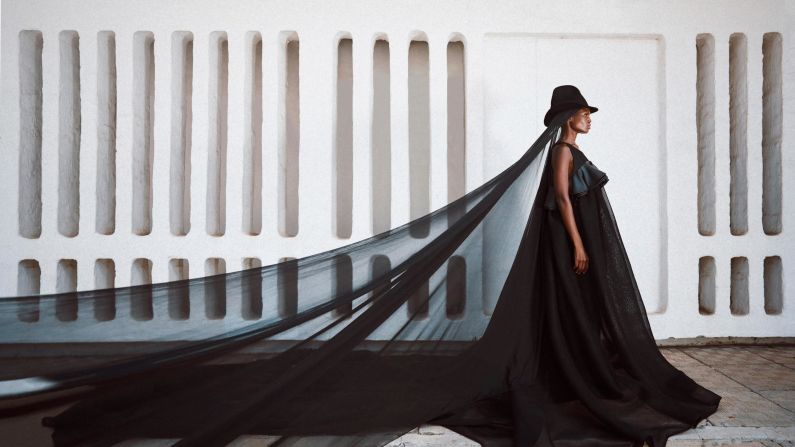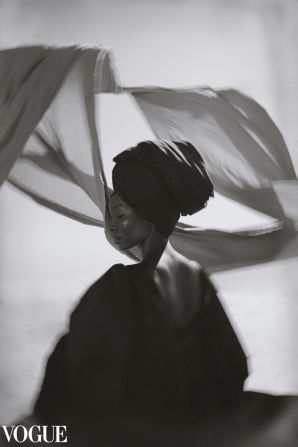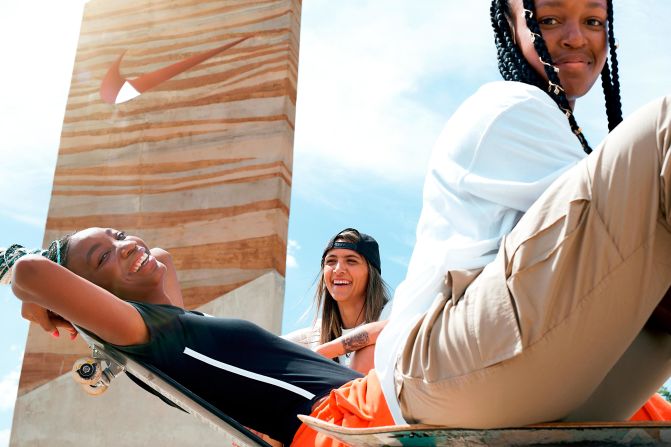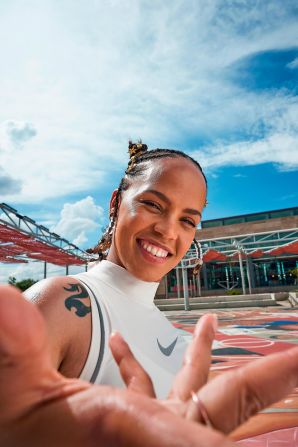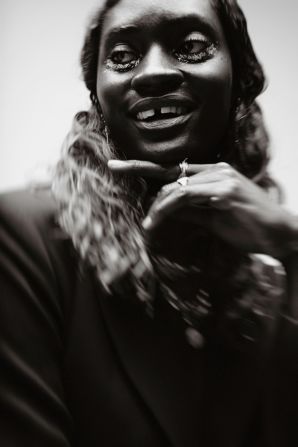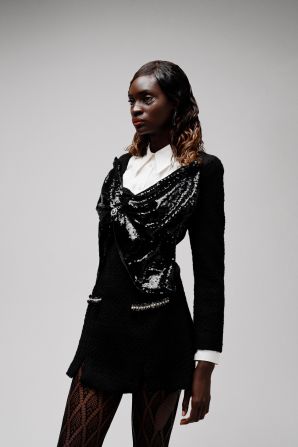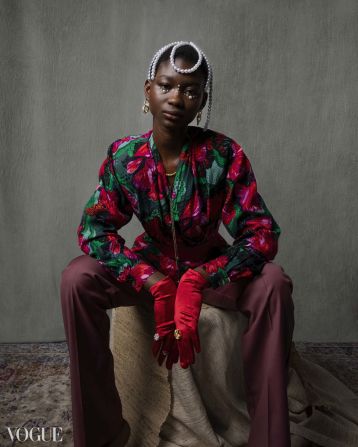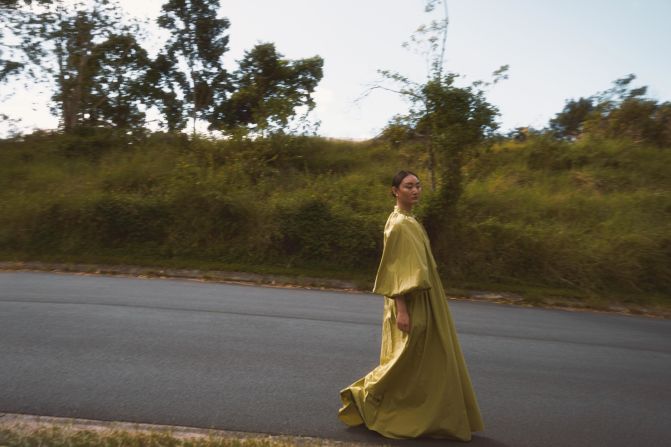Whether she’s shooting an advertising campaign for Nike or a photo spread for Vogue, photographer Bassie Maluleka’s images will likely have a common theme. That’s by design. By highlighting Black women, she seeks to bring an often-underrepresented demographic to the forefront.
“I feel like Black people are always shown in light of struggle, and just everyday suffering,” Maluleka said during a recent video interview. “And I just want to change the narrative in that way – I want to shine a light on the stories that we can tell, like the beautiful side of being a Black woman.”
Coming from a family of entrepreneurs in South Africa, Maluleka was constantly surrounded by creativity. While studying finance at university, she had the opportunity to pick up a camera, she said, which soon became her very own tool for expression. Already having doubts about a future in finance, she decided to dive headfirst into a career in photography.
“I literally took the leap and called my parents and was like, ‘listen, it’s my fourth year but I’m dropping out,” she said. “I have a plan; I know what I’m going to do.’”
Honing her craft
As an early-career photographer, Maluleka honed her craft through countless test shoots. Calling up her model, makeup artist, stylist and art director friends, these self-funded photoshoots had the dual benefit of allowing for total creative freedom as well as serving as practical additions to everyone’s professional portfolios.
But taking the leap into the industry as a female photographer in South Africa wasn’t easy. Maluleka soon discovered that for an industry proclaiming a collaborative nature, there existed a substantial amount of “gatekeeping,” she said.
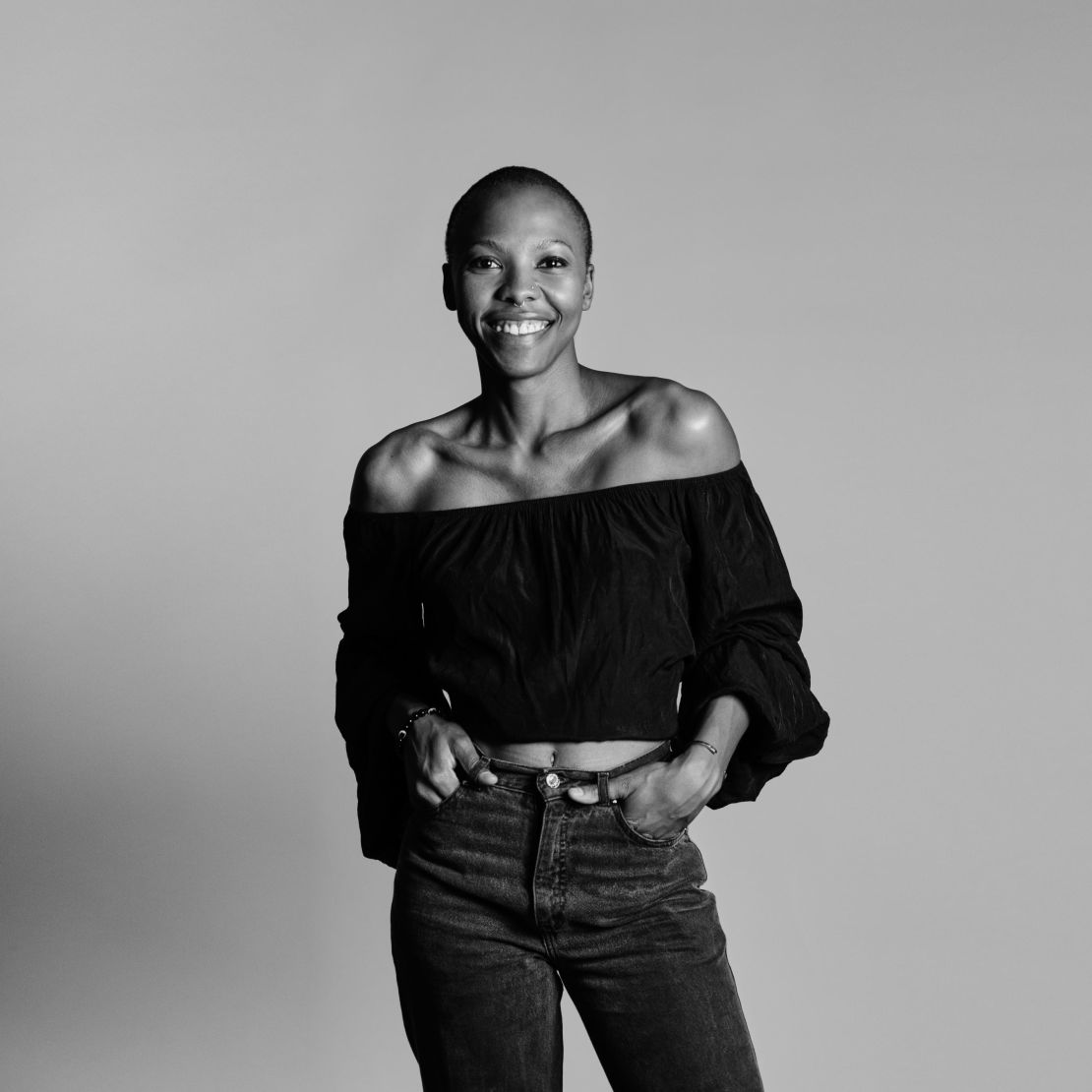
“You always have to know the right people, speak to the right people to get the opportunities – especially as a female photographer,” Maluleka continued.
“And I hate using the term female or Black female,” she added, “because I am a photographer … my gender, my identity doesn’t have anything to do with it. But in as much as that’s the case, (though) I can just close my eyes and not acknowledge that, that will always be the first identifying thing about me.”
Her networking skills have paid off, as Maluleka photographed for international brands including Nike and Puma. She says her biggest career highlight to date is a personal one – her Vogue Italia shoot celebrating the heroines of South Africa’s Women’s Rally. (On August 9, 1956, roughly 20,000 women from across the country gathered in Pretoria to protest a new law by the Apartheid government, forbidding non-White women from living in towns unless they had permission to work there.) Today, August 9 is National Women’s Day and a public holiday in South Africa.
An uphill battle for women photographers
Maluleka is now based in Australia. While she continues to grow her career, she notes the industry overall still has a long way to go when it comes to equality. According to the British Journal of Photography, 70-80% of all photography students worldwide are women, yet they account for only 13-15% of professional photographers.
The biggest challenge for photographers trying to establish their careers is access to opportunity, according to Victoria Baldwin, founder of Women’s Work, a 50-person collective of emerging and established women photographers based in New Zealand. In an email to CNN, Baldwin said that “the status quo is that the majority of established advertising photographers represented by agents are men. It’s hard to break the status quo by yourself.”
“Women have long operated in both the fine art space, and the commercial and advertising space,” she added. “We exist; we just haven’t had much limelight shone our way.”
Maluleka said she felt this acutely in South Africa. Her hope for the country’s advertising industry is to normalize giving women the opportunities in the first place – so that their goals of working with big brands or campaigns no longer becomes so far-fetched.
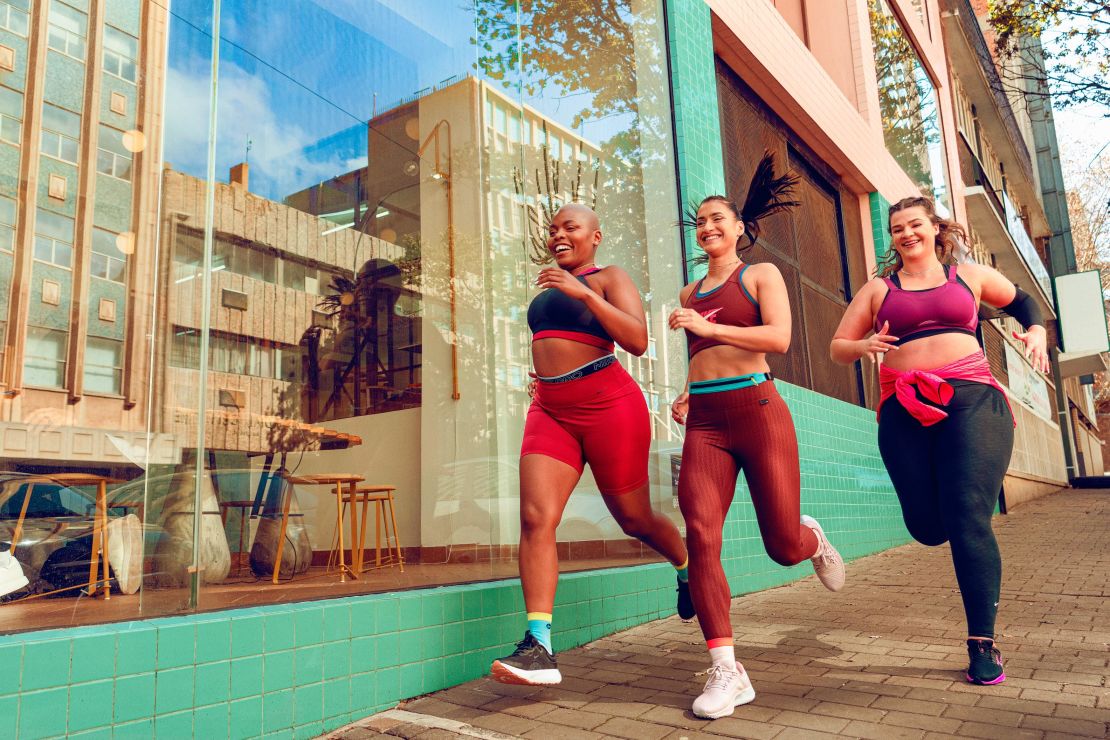
“I feel like with the creativity that is there, (women) need to be offered more (opportunities),” she said.
She largely credits her mentors for supporting her success, who not only helped develop her photographic eye, but also guided her through a time when she was still learning the ins and outs of the industry – including fellow South African Liezl Zwarts.
“Liezl has to be one of the most humble, loving people that I have ever encountered in my life, especially in an industry where we as women have to prove our competence,” Maluleka said.
She hopes to do the same for the next generation of young female photographers who dream of breaking into a male-dominated industry. Understanding the struggle of having few female South African photographers to look up to, Maluleka wants those starting out to see her as a reference.
“What I can do is be that Black woman breaking barriers and being in the forefront,” she said. “We can do the job.”
